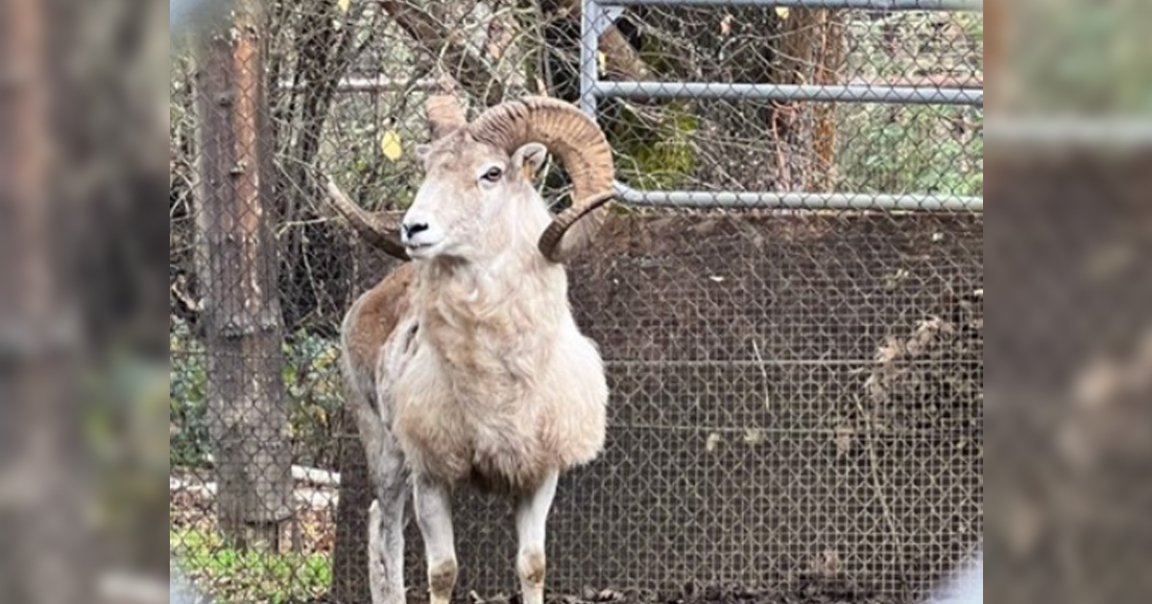
Clone-Grown
A Montana man has been sentenced to six months in prison — and slapped with over $24,000 in fines — for breeding and selling clones of an enormous, Frankenstein’s monster of a sheep.
Department of Justice prosecutors say that Arthur “Jack” Schubarth, 81, illegally created the genetic hybrids by using body tissue taken from a specimen of the largest ovine species in the world: the Marco Polo argali sheep. The species can weigh over 300 pounds, stand at some four feet tall, and boast horns longer than five feet.
Through a years-long program of artificial insemination and selective breeding, Schubarth went on to sell his monstrously huge clones to big game hunters, as well as to other breeders.
Schubarth is now convicted of committing two felony wildlife crimes in violation of the Lacey Act, a conservation law that proscribes animal trafficking.
“His actions threatened Montana’s native wildlife species for no other reason than he and his co-conspirators wanted to make more money,” Todd Kimm, assistant attorney general for the DoJ’s Environmental and Natural Resources Division, said in a statement.
In the Hall of the MMK
Schubarth procured the Marco Polo sheep tissue samples from hunters in Kyrgyzstan in 2013. Working with at least five other conspirators, he sent the genetic material to a lab to create cloned embryos that he used to implant in ewes on his ranch.
After several failed attempts, one of these ewes eventually produced a genetically pure Marco Polo argali male. Schubert named it “Montana Mountain King,” or MMK. Armed with his golden goose, Schubert then bred MMK with other ewes, with the goal of creating even larger versions of Marco Polo sheep. To make money on the side, he also sold MMK’s semen to sheep breeders in other states.
Without even getting into the ethics of cloning, this was incredibly reckless. At least two of the cloned sheep that Schubert bred died from a contagious, chronic wasting illness called Johne’s disease, which can spread directly between animals, or through environmental contamination, according to the DoJ.
“This case exemplifies the serious threat that wildlife trafficking poses to our native species and ecosystems,” said Edward Grace, assistant director of the US Fish and Wildlife Service’s Office of Law Enforcement, in the statement. “Mr. Schubarth’s actions not only violated multiple laws designed to protect wildlife, but also risked introducing diseases and compromising the genetic integrity of our wild sheep populations.”
Warning Shot
Schubarth pleaded guilty to the charges in March. At the time, he potentially faced up to five years in prison and $250,000 in fines. Given his old age and lack of criminal record, the judge ultimately gave him a reduced sentence — but kept it harsh enough to make an example.
“I will have to work the rest of my life to repair everything I’ve done,” Schubarth told the judge before the sentencing, per the Associated Press.
Whether or not those who bought Schubarth’s sheep clones will face any charges is unclear.
“We don’t comment on that,” a DoJ spokesperson told Popular Science, when asked.
As for the monarch himself, MMK is currently being held by the Fish and Wildlife Service until it can be transferred to a zoo, an agent at the agency told the AP.
More on cloning: Government Scientist Investigating Whether Aging Parts of Your Brain Can Be Replaced With Cloned Tissue